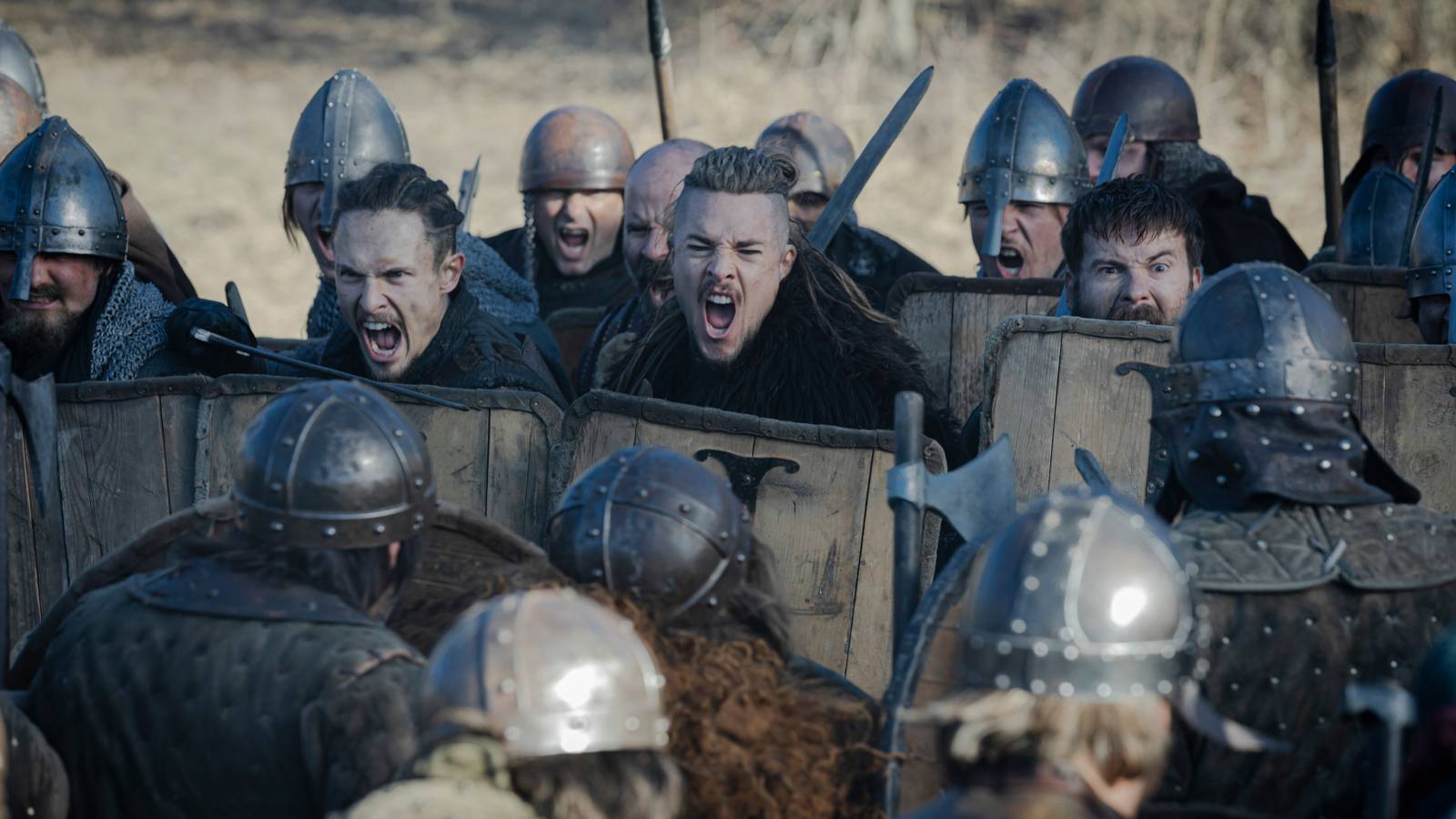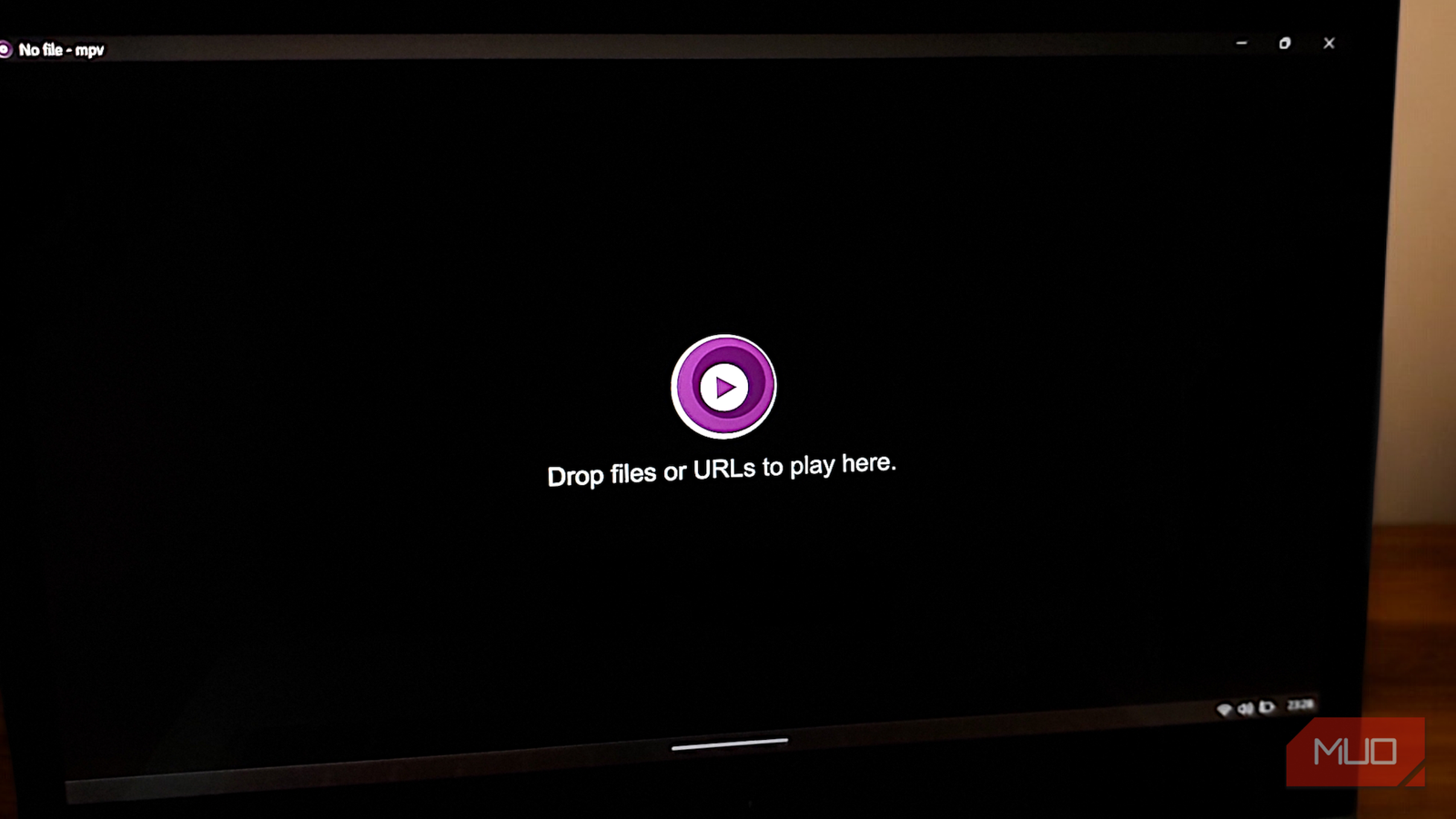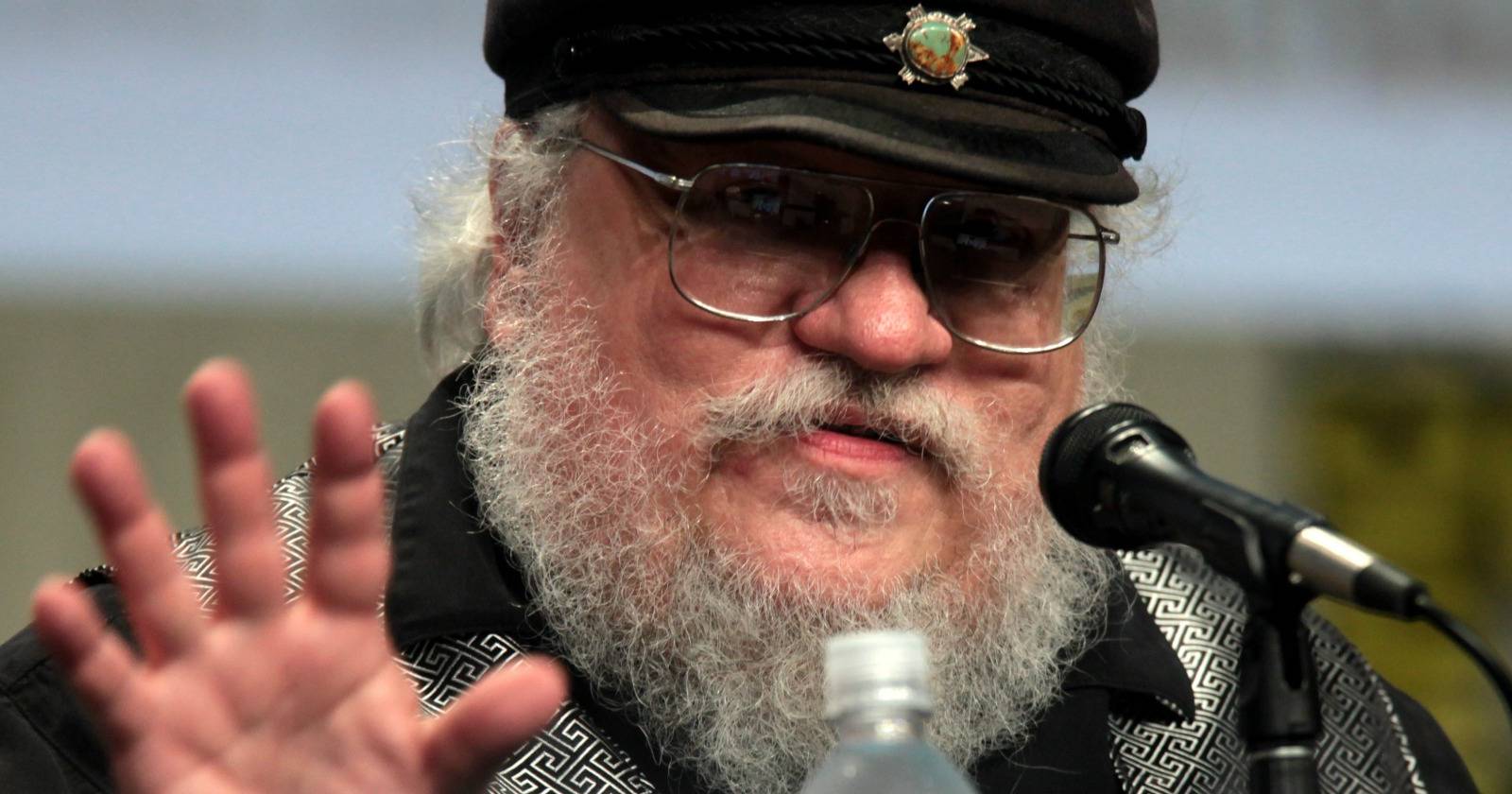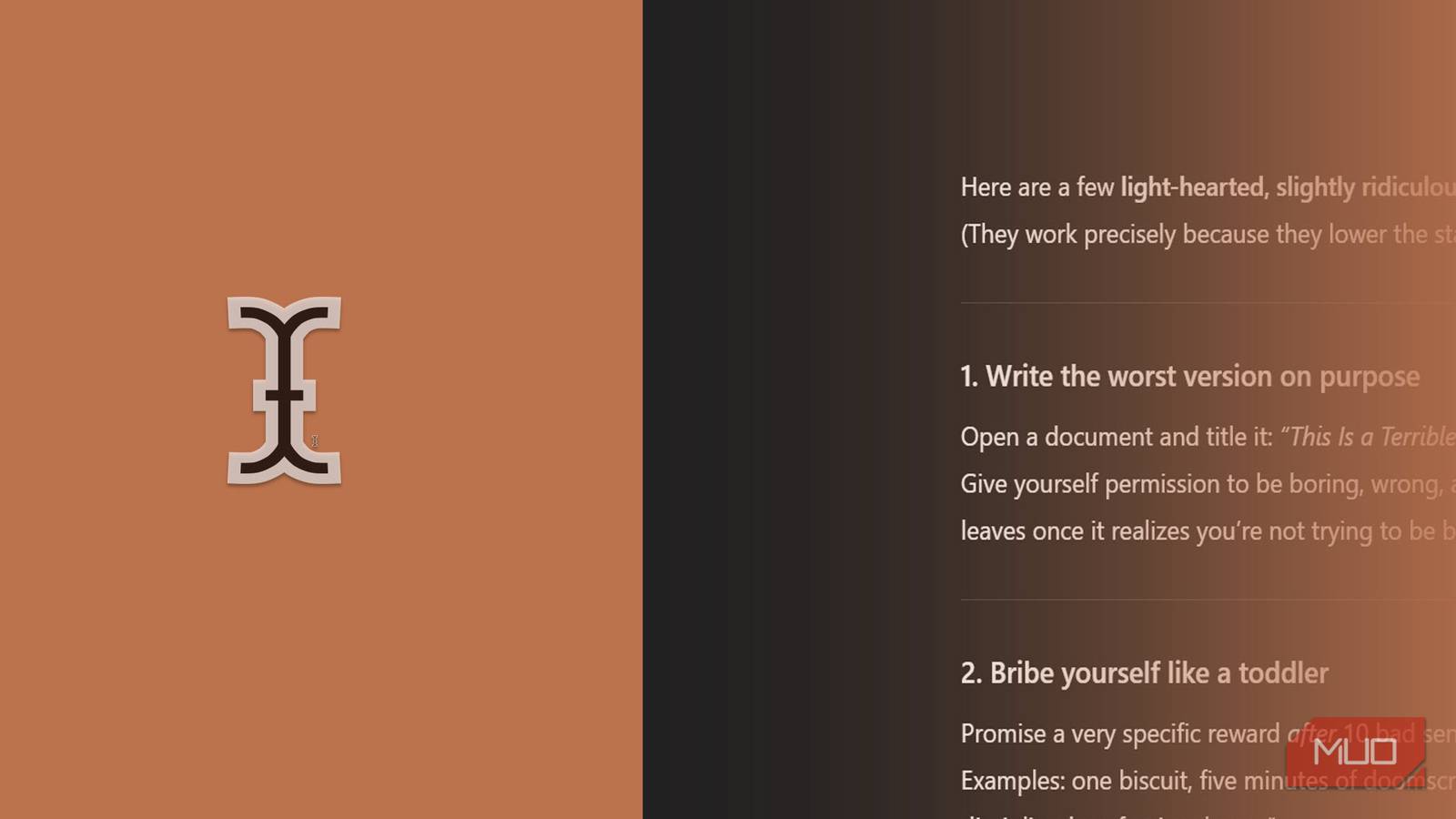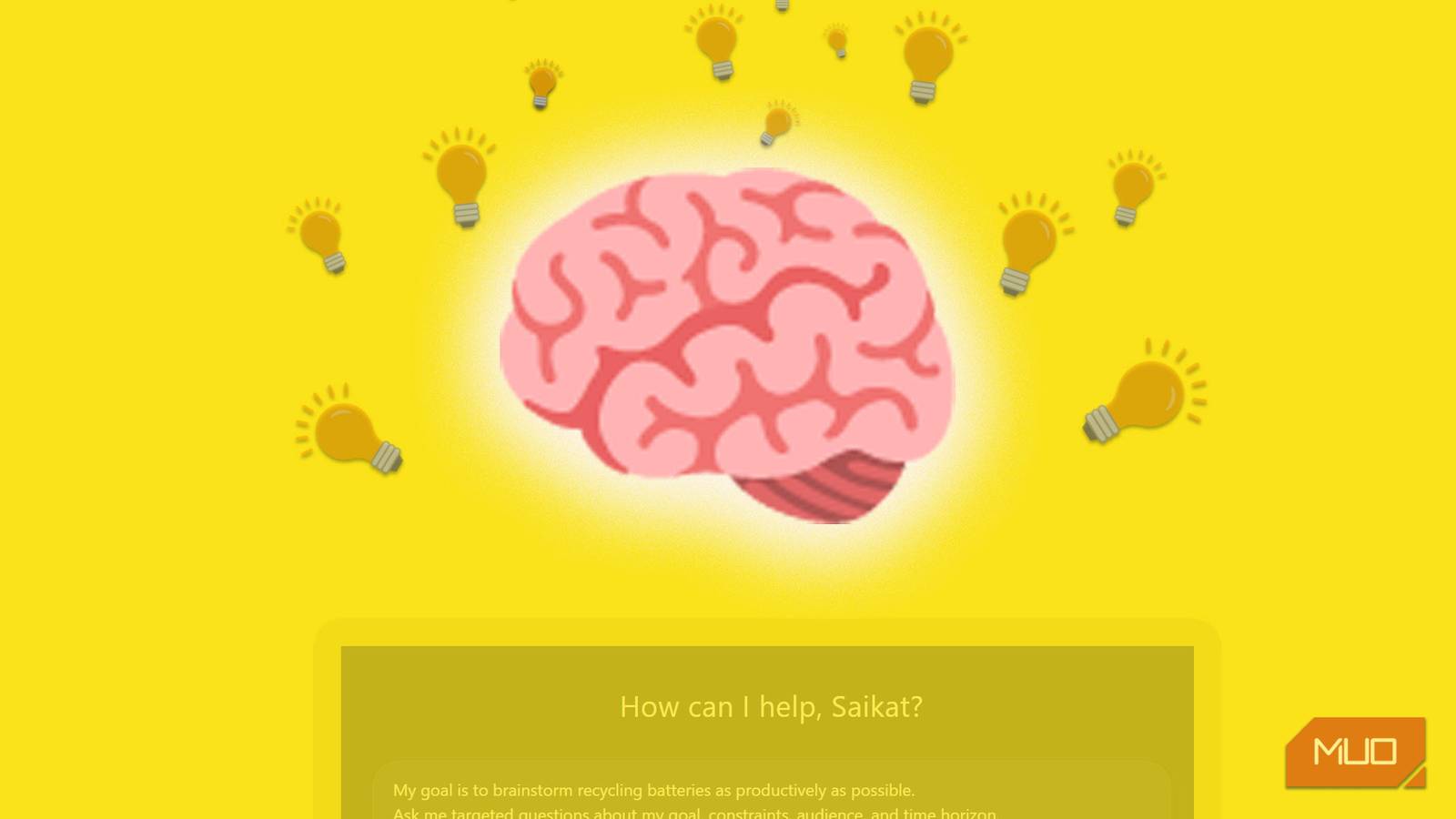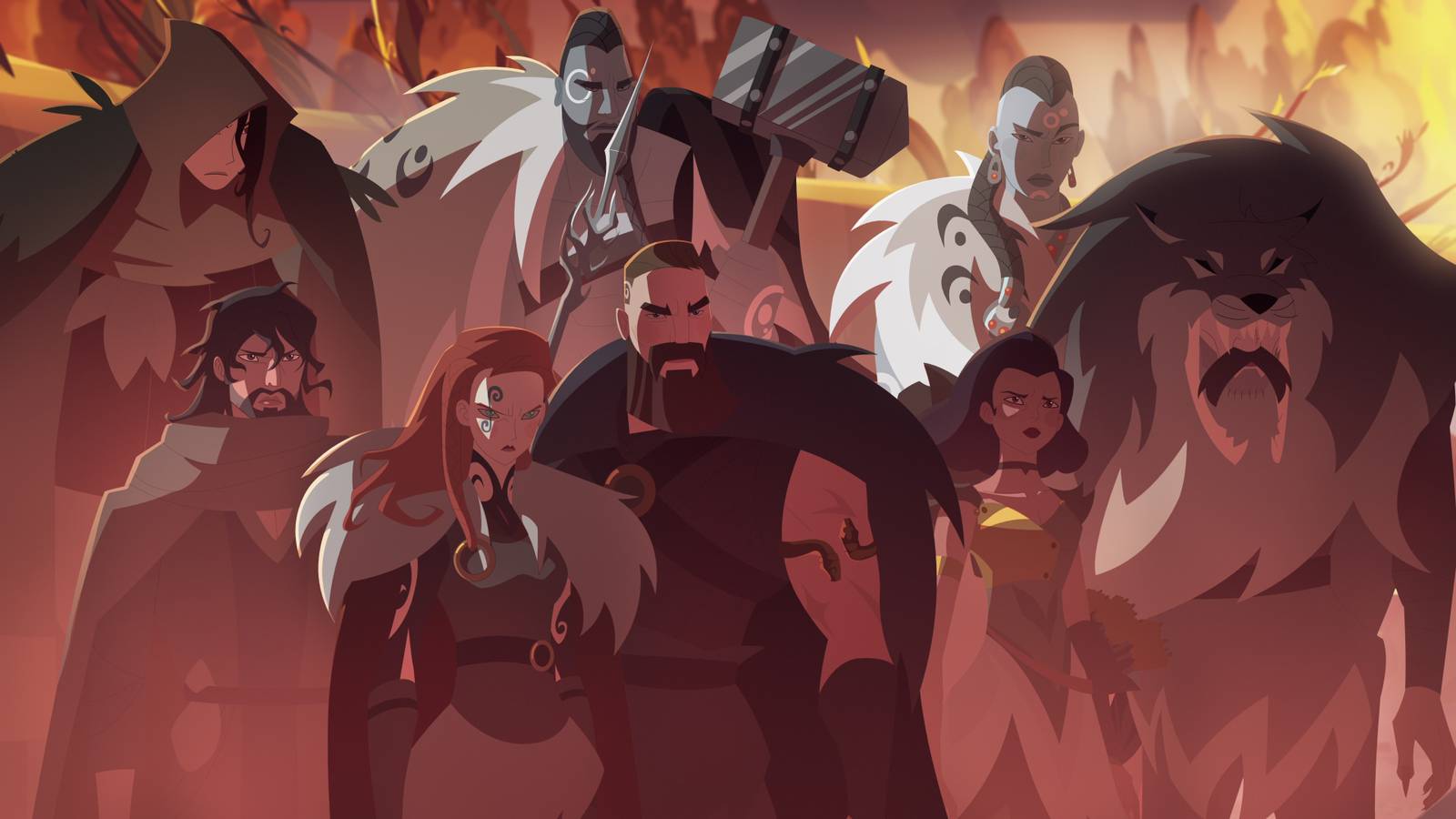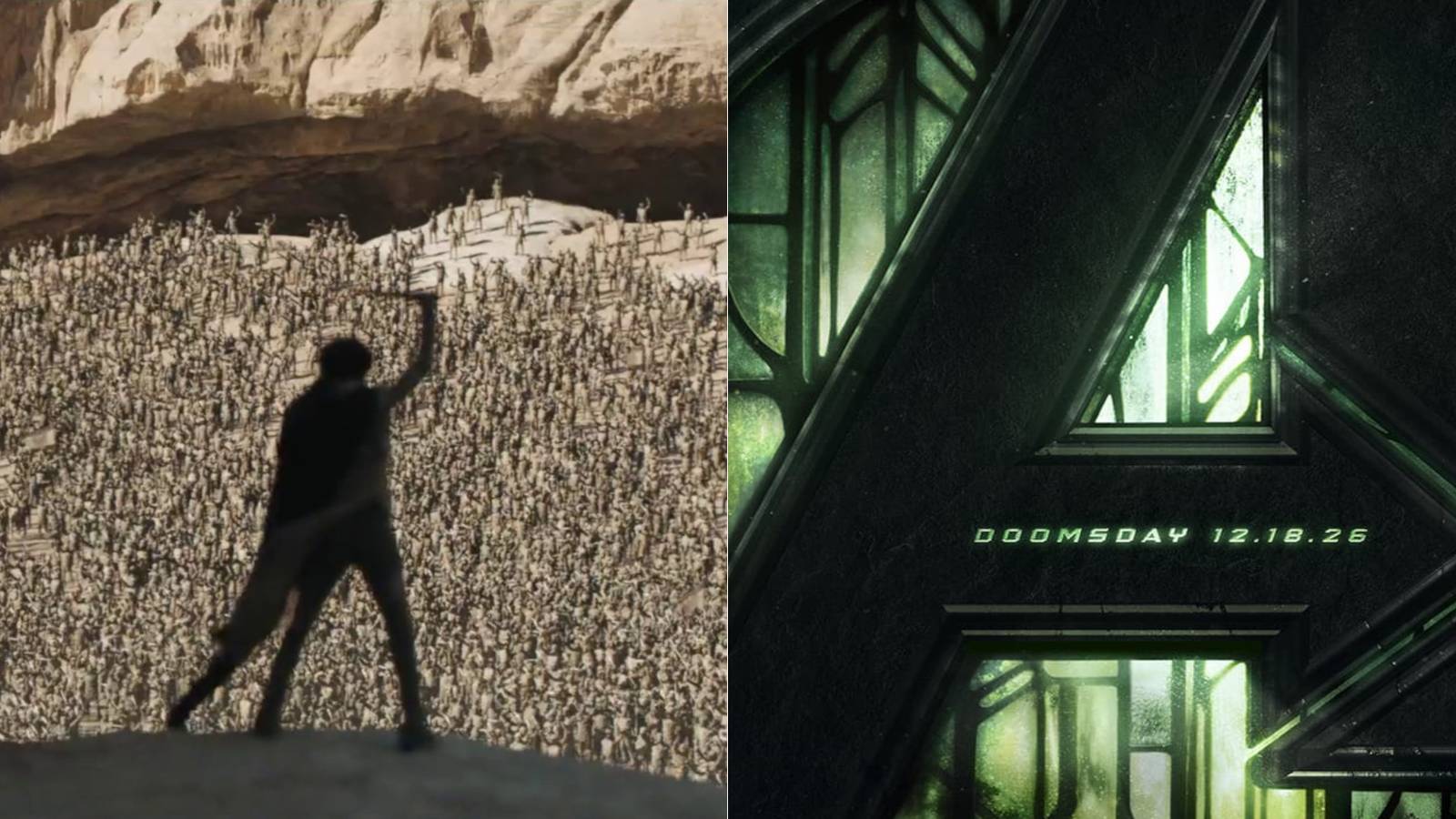George R.R. Martin is the author of the Song of Ice and Fire books, adapted by HBO as Game of Thrones. He’s also part of a class action lawsuit filed by the Authors Guild against OpenAI for copyright infringement. Large language models, such as OpenAI’s ChatGPT, work by training on vast amounts of written material, including Martin’s books. Should that be legal when those books are copyrighted? Why or why not?
Those are the kinds of questions that Martin and other authors are trying to get the legal system to answer, and the judge in this case just handed them a win.
Even an AI-generated summary of Game of Thrones could qualify as copyright infringement
A game of prompts
The new opinion from Judge Sidney H. Stein, which can be read here if you’re willing to wade through a substantial amount of legalese, is noteworthy because it suggests a new approach authors can take to challenge companies like OpenAI. Authors have been filing lawsuits about this stuff for a while now, and the discussion has mostly revolved around whether these AI companies are committing copyright infringement by training their LLMs on copyrighted material in the first place. However, Judge Stein has now suggested that the actual answers ChatGPT provides could be infringing in and of themselves.
Martin isn’t the only author involved in this case—others include Michael Chabon, Ta-Nehisi Coates, and Sarah Silverman—but he’s the most famous, and all the examples in this ruling are drawn from his work. Stein examines a ChatGPT summary of the first book in Martin’s series, A Game of Thrones, which breaks down the events of that book in bullet-point form, from Jaime Lannister pushing Bran Stark out a window in Winterfell to Ned Stark’s execution in King’s Landing. Stein concludes that a “discerning observer could easily conclude that this detailed summary is substantially similar to Martin’s original work.”
That might sound a little weird, because how can a summary of a book really be that similar to the book itself? But legal standards aren’t always the same thing as common sense standards. And Stein isn’t saying that the ChatGPT summary actually is substantially similar to the book, just that a jury could find it so, which is enough for the case to move forward and for OpenAI to start sweating a little. Afterward, many people make ChatGPT their book club partner or do other things that help them engage with the text. Does all that constitute infringement?
George R.R. Martin could force a reckoning on AI authorship
Maybe then he’ll finish up The Winds of Winter
Stein also looks at a ChatGPT-generated outline for a never-written sequel book called A Dance With Shadows, which would have replaced the third book in the series, A Storm of Swords. In this fictional sequel, a brand new character named Lady Elara lands in Westeros with an army and tries to take the Iron Throne. The Red Wedding doesn’t happen, and a new shadowy menace teams up with the White Walkers to invade the Seven Kingdoms.
Now, this sounds pretty silly and stupid—can you imagine if a brand new character were introduced in the middle of Game of Thrones and the whole story started revolving around her?—but the quality isn’t the point. A Dance With Shadows incorporates the setting, plot, and characters created by Martin, so “a reasonable jury” could determine that it’s “substantially similar to Martin’s original work,” which might mean that it’s infringing.
Mind you, this doesn’t mean ChatGPT is cooked. Depending on how far this case gets, OpenAI will probably argue that the answers generated by ChatGPT fall under fair use. If that argument prevails, it means the answers would be allowed even if they make unauthorized use of copyrighted material. Judge Stein doesn’t touch that part … yet. But authors like Martin probably want him to.
Martin knows he can’t “outlaw AI”
But he does want rules and regulations around it
Speaking to WinterIsComing.net in 2024, Martin sounded realistic about what he thinks this lawsuit can accomplish for himself and other authors. “[W]e don’t think we’re gonna outlaw AI. You can’t outlaw new technology,” he said. “[I]it’s here to stay. The question is: what kind of regulations are you gonna have? What rules are there going to be? I mean, if you do use a book to train AI, does the author get to consent to the use of the book? Does the author have any say about it? Does the author get any income from it?”
Generative AI is forcing a lot of creative professionals to reckon with what their jobs will look like in the future. What does it mean to be an author when an LLM can, in theory, generate a whole book from a bunch of prompts in a tiny fraction of the time it would take the author to write the same amount? Obviously, there’s a lot of grey area in there—LLMs depend on already-completed works and can’t come up with anything new, for instance — but that’s the whole problem: there’s too much grey area, and lawsuits like this are an attempt to make things more black and white.
A storm of lawsuits
I think that Martin and the other authors will want a final judgment in this case, one that actually draws some legal lines around what LLMs can and can’t do when it comes to training on copyrighted material. But it may be in OpenAI’s best interest to settle and pay everyone a lump sum. In another case, a group of authors sued Anthropic for copyright infringement, and the tech company ultimately paid a settlement of $1.5 billion, despite the judge having ruled in its favor. These AI companies don’t seem to want to risk taking these cases all the way in case the results are bad for them. We’ll have to watch and see what happens this time.
In the meantime, the Game of Thrones universe is continuing to expand, at least onscreen. A new prequel show called A Knight of the Seven Kingdoms is due out in January and just might be exactly what the franchise needs.

- Release Date
-
2011 – 2019-00-00
-

-

Isaac Hempstead Wright
Brandon Bran Stark
-

Iain Glen
Sir Jorah Mormont
-

Peter Dinklage
Tyrion The Halfman Lannister


